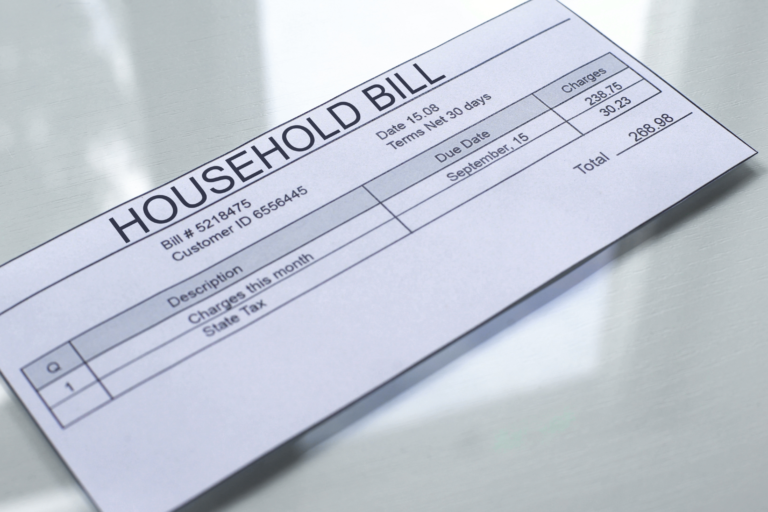Dealing with ancillary probate in Florida can be challenging for personal representatives. Ancillary probate is required when a non-resident of Florida dies owning assets in the state. It is an additional process to the domiciliary proceeding that takes place in the decedent’s state or country of residence. So, who is the personal representative?
Who Can Serve as the Personal Representative in an Ancillary Probate Case in Florida?
The personal representative is the person or entity that is authorized by the court to administer the Florida assets.
The personal representative has the duty and responsibility to collect and protect the assets, pay the estate’s debts and taxes, and distribute the assets to the beneficiaries or heirs according to the decedent’s will or the law, if there is no will.
In addition, the personal representative must file reports and accountings with the court and keep the interested parties informed of the progress of the administration.
In ancillary probate in Florida, the personal representative can be either the same person who served as the personal representative in the main probate proceeding (if he/she qualifies) or someone else.
The choice depends on several factors, such as the terms of the will, the preferences of the beneficiaries or heirs, and the qualifications of the candidates.
If the decedent had a valid will that specifically designated a personal representative to administer the Florida property, that person or entity has the first right to serve as the personal representative in ancillary probate in Florida.
If the person or entity designated by the will is unable or unwilling to serve, the successor personal representative nominated by the will or by a power conferred by the will has the next right to serve.
If there is no such successor, the person selected by the beneficiaries or heirs has the next right to serve. If there is no such selection, the probate court can appoint any capable person as the personal representative.
If the decedent did not have a valid will, the surviving spouse of the decedent has the first right to serve as the personal representative.
If there is no surviving spouse, or if the spouse is unable or unwilling to serve, the person selected by the heirs has the next right to serve. If there is no such selection, the heir nearest in degree, or the best-qualified heir as selected by the court, has the next right to serve. If there is no such heir, the court can appoint any capable person as the personal representative.
However, to be a personal representative, an individual must be at least 18 years old, of sound mind, and not convicted of a felony.
Being a Personal Representative During Ancillary Probate in Florida Is Easy When You Work with Experts
Ancillary probate can be a complicated and time-consuming process. That is why you need the assistance of a qualified and experienced Florida probate attorney who can guide you through the process.
At Jurado & Associates, P.A., we have the knowledge and expertise to handle any case involving ancillary probate in Florida, no matter how complex.
If you have been appointed as the personal representative in an ancillary probate case, we can help you:
- Prepare and file the necessary documents and forms with the Florida probate court
- Locate and value the Florida assets
- Pay the estate’s debts and taxes
- Transfer the Florida property to the beneficiaries or heirs
- Prepare and file the final reports and accountings with the Florida probate court
- Close the estate
If you need help with ancillary probate in Florida, do not hesitate to contact us today.
You can reach us by phone at (305) 921-0976, by email at [email protected], or by WhatsApp at +1 (305) 921-0976.
Do not let ancillary probate become a burden or a hassle for you and your family. Let us take care of it for you.











